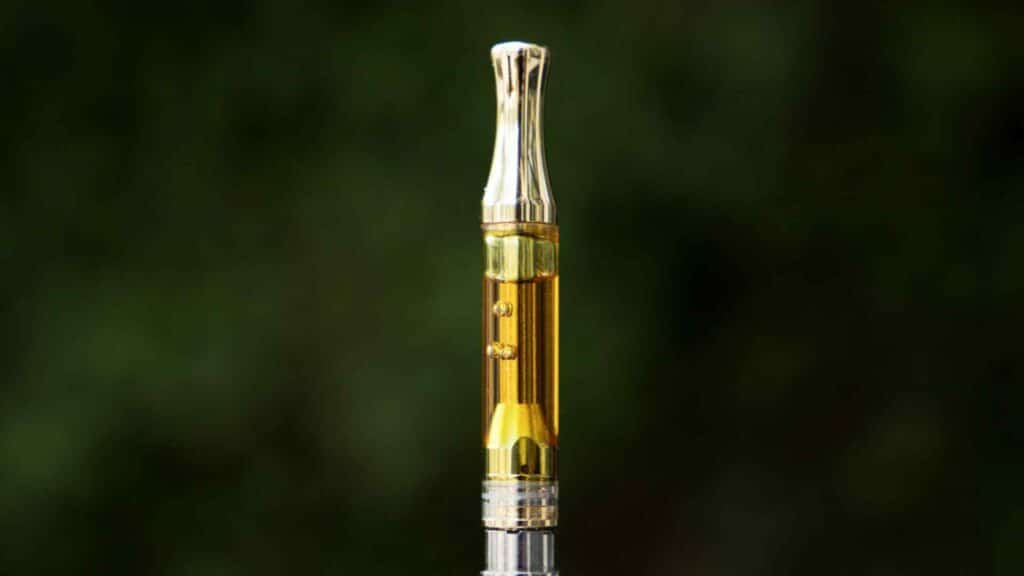Are you researching what dabbing is and what it can do to your body? Most people think of it as college kids experimenting with drugs, but there is more to experimenting with dabbing than meets the eye.
We think it’s time to shine a light on some common misconceptions about dabbing. Ready to crawl an inch and learn a little more? So pour yourself a cup of coffee because you are about to stumble into a learning adventure of a lifetime!
Dabbing isn’t just all fun and games; it has its fair share of science and health considerations. Let’s investigate: What is scientifically known about dab tolerances and their potential addictive properties? Here, we look to uncover the facts behind this buzzed-about subject.
What Is Dab Tolerance and Addiction, and Why Are People Concerned About It
Anyone in the know probably heard the term “dabbing” — a popular way to consume highly concentrated forms of cannabis. As much fun as it can be to take advantage of the intensified effects that come with dabbing, it’s essential to keep an eye out for risks that exist within the practice.
One of the most consequential? Quick buildups of dab tolerance. We all know how the comedown from a high can cause users to look for something that’ll get them back to the same spot. And, by overproducing their amounts of THC, over time, dab dabbers can quickly become addicted to their practice.
As marijuana continues to become part of more and more mainstream of our culture, it’s more important than ever to be up to speed on the effects that different types can have, and stick to decisions only — and happily — after informed choices are made.
Myth #1 – Dabbing Is More Addictive Than Other Drugs
At first glance, it might seem true that dabbing is more addictive than other drugs, but guess what? Not so fast! In reality, there’s just no evidence to support this claim.
Contrary to popular belief, dabbing has no superpower, making it more habit-forming. Addiction is a tricky beast that can be influenced by genetics and personal history, so every drug can affect people differently.
So, to get scientifically accurate about it, let’s look at the facts. How muscular someone’s drug dependence depends on not only what kind of drug they’re using but also how much and how often.
Bottom line – if you’re talking about drug use and addiction, it pays to leave myths and assumptions about ‘what everyone knows’ at the door and trust in research data instead.
Myth #2 – Taking High Dosages of Dabs Will Make You More Tolerant
It’s easy to get carried away with dabs for first-timers and experienced users. There’s a common belief that high dosages will make you more tolerant of their effects.
But here’s the thing – that’s not true! Yes, you get a more potent high with large doses, but your tolerance isn’t necessarily more heightened in the long run.
Frankly, overdoing the dabs often lowers your tolerance and might even cause adverse side effects. That’s why it’s important to remember to please, please, please practice moderation.
The truth is, with this type of robust cannabis consumption, there’s no one-size-fits-all formula. Every body reacts differently, and it’s up to you to figure out what works best for you. So start small, with low doses and frequent breaks, and you’ll develop a better relationship with dabs!
Myth #3 – You Can Overdose on Dabs
Don’t let the misinformation deter you from dabbing. Alarmist stories may have you believe it’s possible to overdose on cannabis strain–laden dabs, but that’s one myth no one should be dabbing with!
While it’s possible to get too high from dabs if you consume more than you can handle or have an unpleasant reaction, you’d have to consume a considerable amount of THC to overdose.
Fortunately, users rarely come close to this amount, so the story’s moral is to know your limits when animating into the smokey circles of low self-confidence. It’s essential to understand your needs and the power.
Therefore, if you’re new to dabbing, start slowly and gradually increase your dosage until you feel comfortable. Treat dabbing with caution and respect. Sneaking a playful puff here and there can potentially profoundly drop an important bassline of relaxation. Have fun, and know your cloud!
Myth #4 – The Effects of Dabs Last Longer Than Other Drugs
When it comes to dabs, also known as concentrated cannabis, there is a myth that suggests their effects last longer than other drugs. But this simply isn’t true. Studies have shown that their impact, like other substances like alcohol and opioids, tends to dissipate within a few hours.
The length of time affected can vary on several environmental and physiological factors. These could include metabolic rate, ingested amount, personal tolerance, and pre-existing conditions.
Despite the claims, there is no evidence to confirm that dabs maintain prolonged effects. Additionally, it’s important to remember that concentrated cannabis is much more potent than other forms, so unfortunately, using too much can result in undesirable outcomes.
Myth #5 – There’s No Way To Manage Your Tolerance
Dabbing has become quite the popular way to consume cannabis concentrate, yet it can be frustrating when it takes more than the ideal amount of product to reach the desired effect. Believe it or not, you can take control of your dabbing tolerance!
You can take breaks between sessions to allow your tolerance to level out. Additionally, ensuring you’re using a consistent dosage and spacing out dabbing intervals can help you maintain your tolerance.
Though stepping back can do you some good, explore different concentrate options, too! Head to our online head shop and check out the vast selection of dabbing products that’ll give you more options for both concentrate and accessories. This will ensure the experience is enjoyable and, hopefully, gives you a way to manage your dabbing tolerance and reach the effects you’re after!
Final Words
All in all, we can see a variety of myths regarding the tolerance of dab and addiction potential. With the correct information at hand, it’s easy to debunk these misguided beliefs. Thankfully, services are available to those struggling with dab-related hardships or questions. If you’re concerned for your safety or someone else’s when using dabs, it may be wise to reach out to an addiction specialist to see if they can assist you. Don’t hesitate to contact us if you have any concerns or want help determining what next steps you should take to navigate this confusing and stuffed-up terrain. Also, don’t forget: dabs taste good!

